5 Muslim Women Take on Reviving Lost Cultural Practices
by Hiba Noor Khan in Culture & Lifestyle on 12th December, 2023
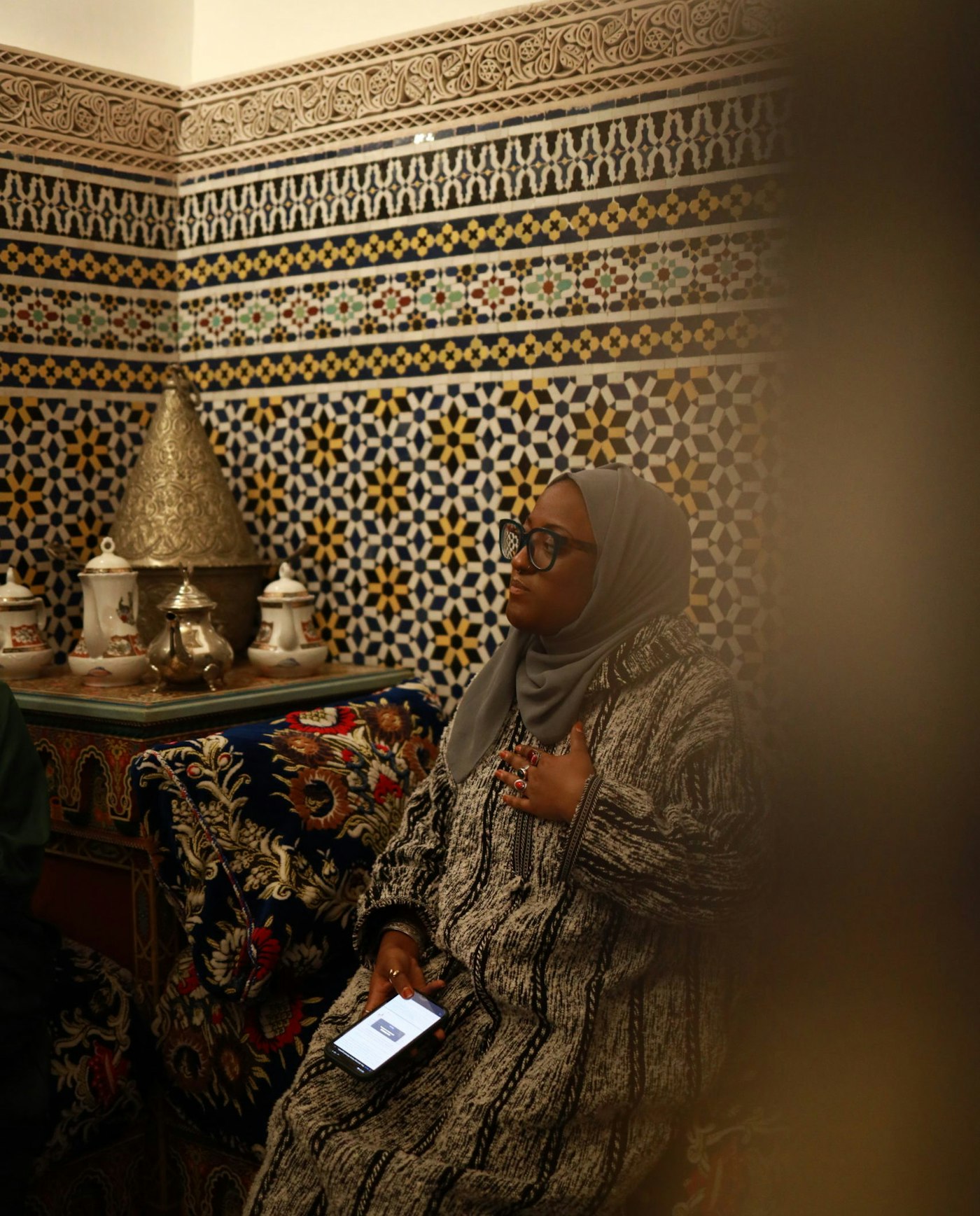
When I first began considering what is being lost from our hearts, homes, or societies, with the relentless passage of time, I was struck with a wave of emotion. I couldn’t help but chuckle at the realisation that it’s been a very long time since I saw anyone cover domestic possessions with transparent plastic wrap for preservation purposes, from television remote controls to sofas to entire living room carpets! Despite my grandfather remaining loyal to reading the news on Teletext, I struggle to imagine anyone younger than him choosing it as a source of information. When I dug beyond these more superficial generational changes to some more significant ones, I was met with a sense of loss, and a desire to cling onto the precious aspects of them.
Something I see almost as a norm in the older generations, that now seems to be a rarity in later ones, is himmah (spiritual aspiration), and intense stamina in worship. Whether I think about my grandmother (Allah preserve her), for whom a night without hours of tahajjud and tilawah is a source of anguish and major regret, or my late grandfather-in-law (Allah bless his soul), who insisted on walking to the mosque for prayers until the age of 96, there is a profound steadfastness and energy, despite creaking bones and physical ailments, that I rarely see elsewhere. I’ve seen these examples echoed across communities, elderly uncles and aunties who would rather lose a limb than miss a fast, who don’t consider their salah to be complete until every sunnah and nafl prayer has been fulfilled.
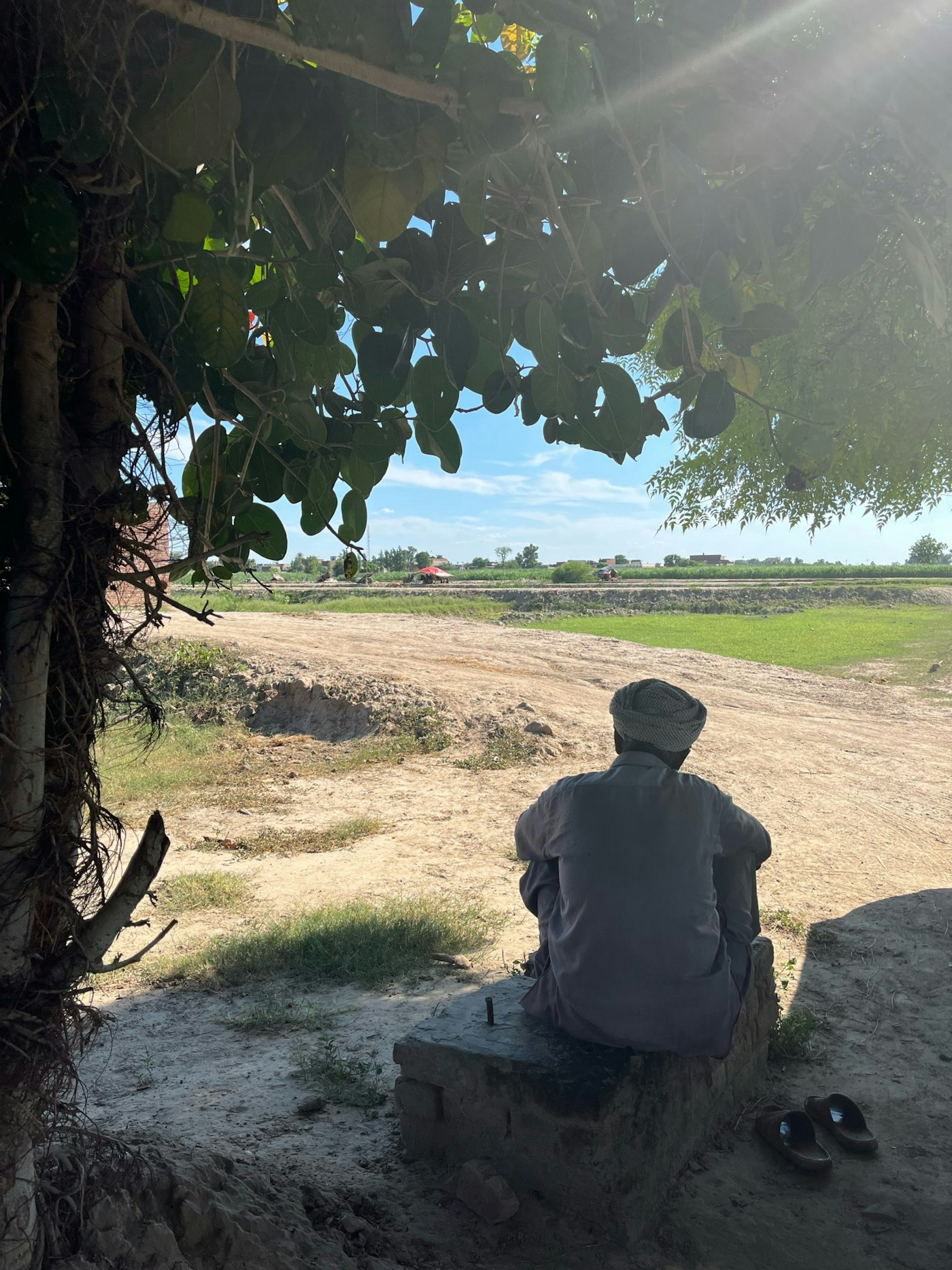
Another phenomenon I feel is fading away almost imperceptibly relates to reverence and adab. The white-haired uncles from the Indian sub-continent who won’t pray without a prayer hat on their heads as a mark of humility and respect. The generation who deeply revere words and writing to the point that you’d often see them picking up any scraps of paper from the floor with script on, collecting them carefully in case they contain sacred words or knowledge.
A tradition I find particularly beautiful is that of kissing the hands of elders and loved ones as a sign of respect and tender affection. This disappearing, poignant mark of honouring someone is something I’d love to see revived. I worry that its absence somehow correlates to a deeper loss of respect and reverence for elders and others in general across societies.
Slow, connected living is another treasure that I see (and experience in my own life) lessening as the years pass. My mind once again wanders to my grandmother, who warms charcoal on an open flame, before lovingly scenting every corner of the home with sweet bakhoor scents. Who carefully dries out fragrant fresh herbs and spices before grinding them down by hand in a pestle and mortar for optimal layers of flavour in her saalans. Romantically, I love the idea of this wholesome process, but have never found it in me to use anything other than pre-packaged, imported herbs and spices… My mother and grandmother both have a meticulous eye for detail, especially when it comes to textiles. They source and commission the finest hand embroidered designs on silks and chiffons to wear as saris and shalwar kamees outfits, favouring artisanal, slow fashion. The trends I see around me within my own generation in contrast are far more centred around quantity rather than quality, with fast fashion booming.
I fear that our elders are the last generation in many cases to truly have connected to the natural world in an essential sense, having experienced the sweetness of rich raw milk fresh from a cow, discovering still-warm eggs just laid by a hen, rather than picking packets from plastic supermarket shelves, or finding delivery boxes on our doorsteps.
I spoke to four inspirational Muslim women whose work involves links to traditional cultures and practices to get their insights.
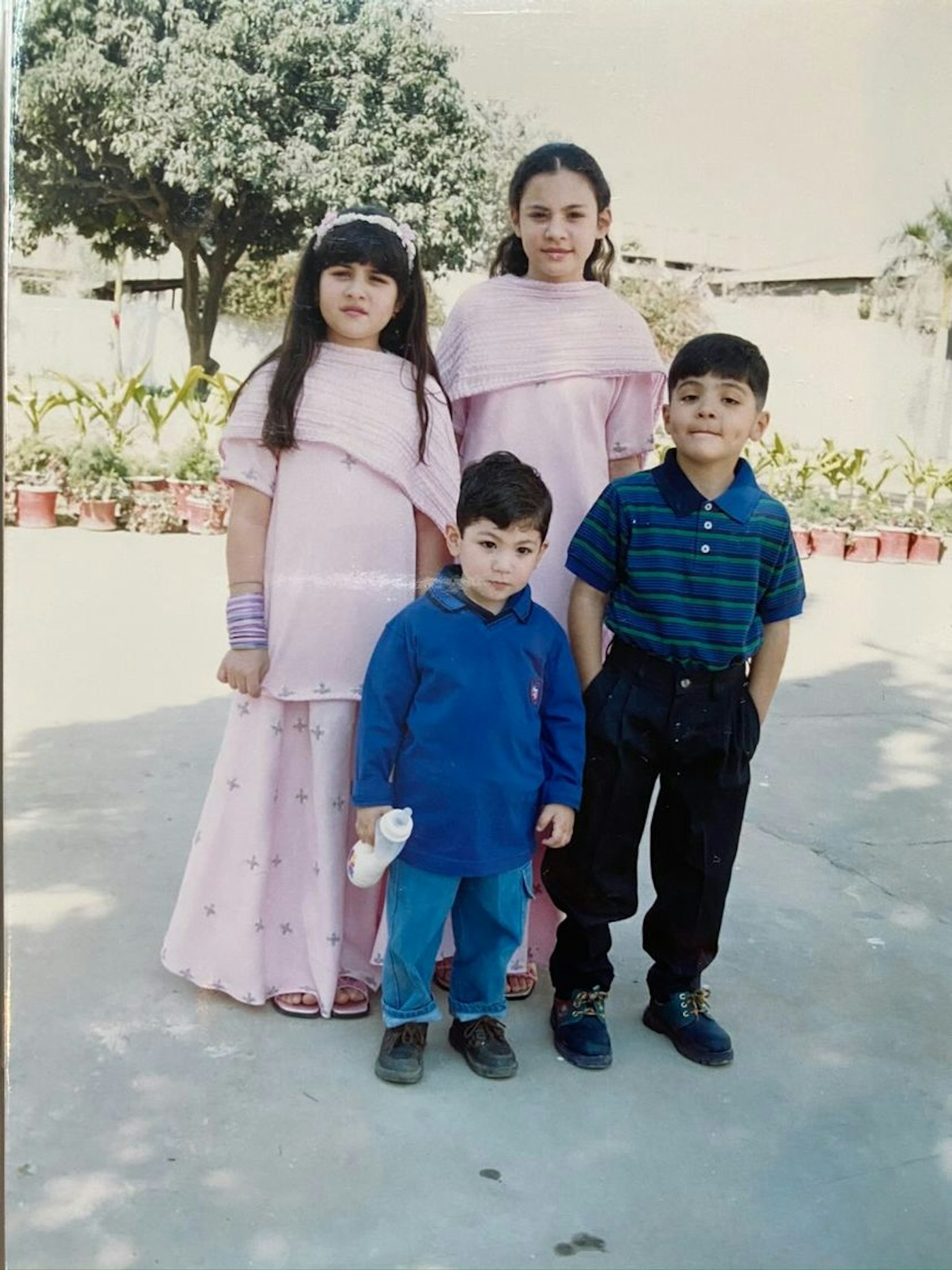
Ayesha Erkin is a freelance Recipe Developer, Architect and Creative Director. Despite titles and medium used, her work is anchored in the human experience and the concept of belonging. She is the co-founder of Brown Girls Food Club, a space for BIPOC women to connect while eating at local minority-owned businesses. Readers can find her work via her website or IG.
Hiba: Have you witnessed elements of traditional culture being lost by our newer generations?
Ayesha: Every Eid, when I lived in Pakistan, my teachers would always ask my siblings and me, “What are your plans for Eid?” We confidently answered, “Patha”. However, a few years later, a teacher marked our paper and asked us to elaborate on what “Patha” meant. It was then that I had to ask my parents to explain a ritual that was so ingrained in our Eid visits that we never questioned its origin.
The word “Patha” actually originated from Uyghurche, and it was a tradition passed down by my late Uyghur grandmother. “Patha” refers to “Fatiha”. Traditionally, before departing from visiting family, elders would recite the Fatiha. In Uyghurche, words that begin with F are usually pronounced with a P. So, “Fatiha” became “Patha”, and all of us kids used this word to describe visiting elders and relatives for years before we knew its beautiful origin.
As a kid, I used to hate this tradition because Eid was spent hopping from one boring house to another for three days. We had to sit down and behave politely while eating snacks and candies that I didn’t care for. However, one thing that I adored was Sangza, an Uyghur dish that is a stack in a flower formation made of fried dough. This dish is a must for Eid among Uyghurs, but due to immigration and the difficulty in making it, this tradition hasn’t carried on with the younger generation in my family. We still try, but it’s usually when we can find someone to make it. So, there are gap years where we don’t have it, and it feels like a piece of Eid is missing when we go do our Pathas.
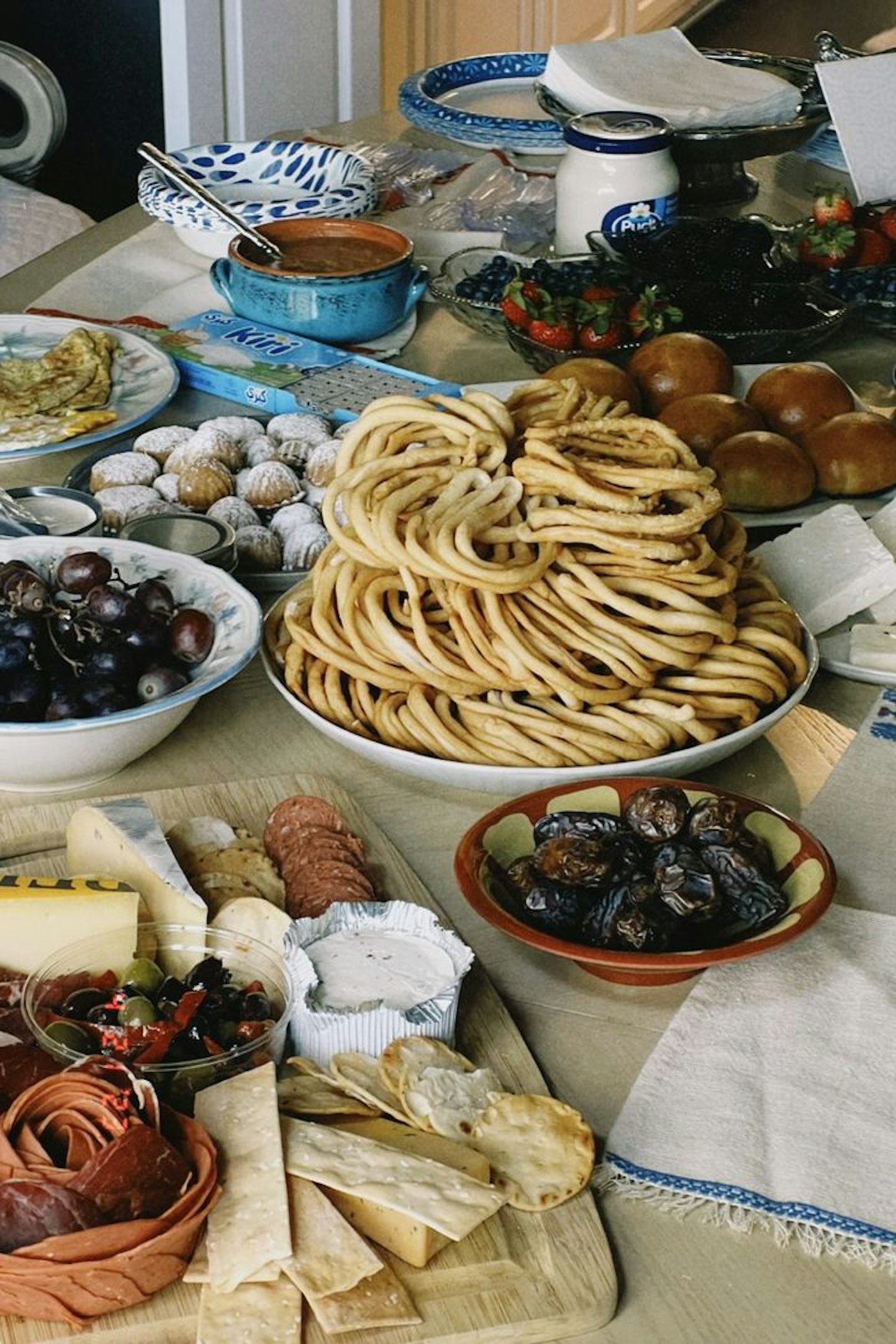
Hiba: Wow, Sangza looks so incredibly intricate and beautiful! Like edible artwork! Do you think anything can be done to stop these traditions becoming things of the past?
Ayesha: With the ongoing plight of the Uyghur genocide, I have decided that even as a mixed Turkic Arab and Pakistani woman, these traditions matter. So, I will learn how to make the daunting task of Sangza and celebrate these rituals because seeing them die within my own family is painful. It usually takes one person to remind everyone of the importance of things that we sometimes overlook. Therefore, these small steps of cultural preservation will hopefully have a larger ripple effect that will be carried over years after I become one of the elders that the younger generation comes to see during their Patha visits.
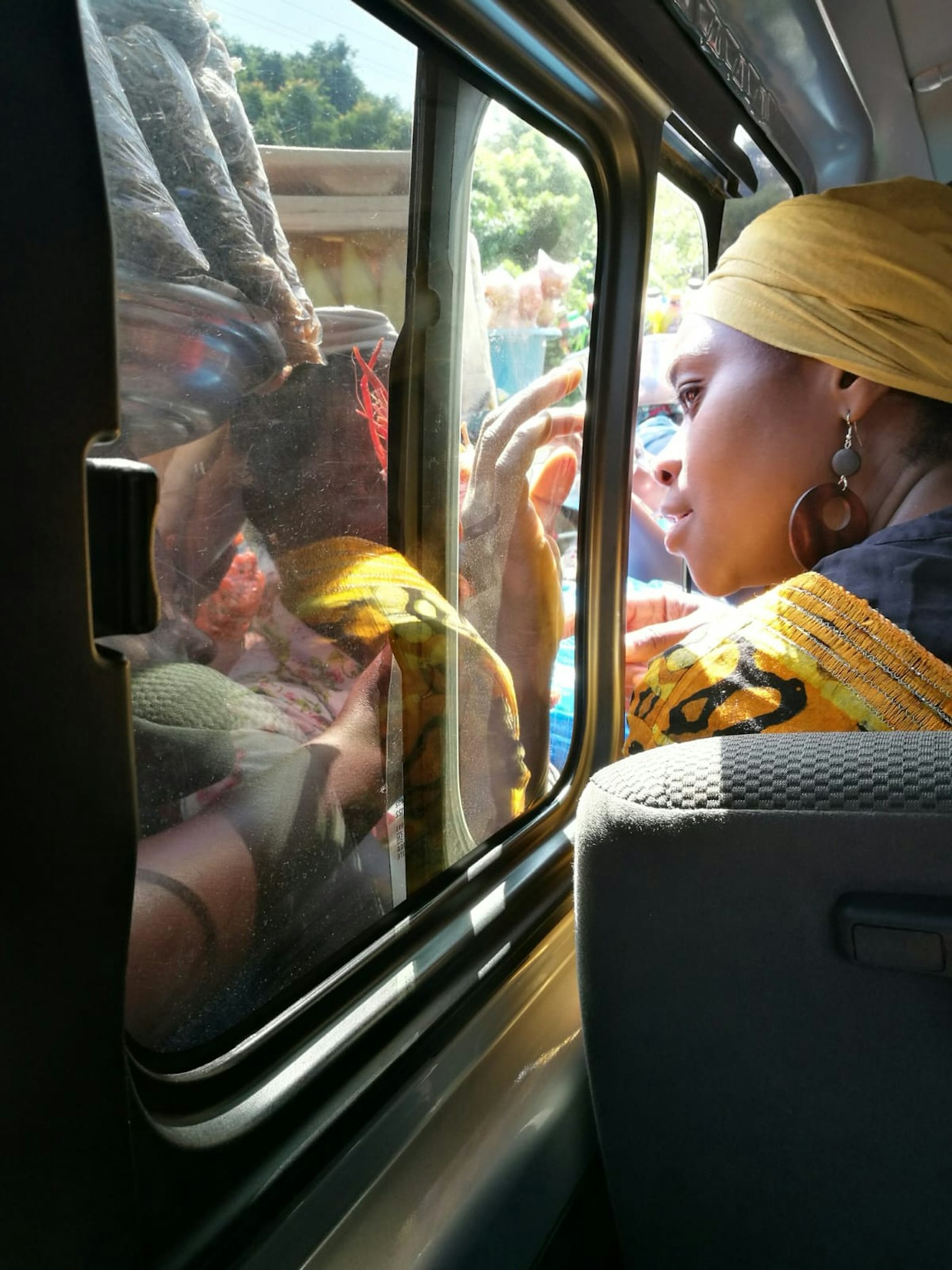
Rakaya Fetuga is an award-winning poet, facilitator and events producer based in London with an MA in Creative Writing from Royal Holloway. Her work joins conversations on overlapping identities, faith and culture as self-affirmation. You can read more of her work here; https://taplink.cc/rakayaesime, or find her on Instagram @rakayaesime.
Hiba: What comes to mind when you hear the phrase; the last generation to…?
Rakaya: Food is one of my strongest links to culture, so when I think about what might be dying out, culinary traditions are my first worry. Something the cooks of my home-countries Ghana and Nigeria have in common, along with many West African cuisines, is swallow: a plain, meal-filler, tossed into a ball shape and eaten with the stew or soup of your choice, often filled with assorted meats and leafy greens, ground shrimp or ground nuts, always peppery. The ‘swallow’ as Nigerians call it, can be made from yam, plantain, cassava or any of the many variations of maize, and each mouthful, dipped in stew, is to be gulped down in one bite. No chewing. I haven’t quite mastered this skill. But I don’t worry about the last generation to swallow their swallow. I think about the last generation to pound their fufu.
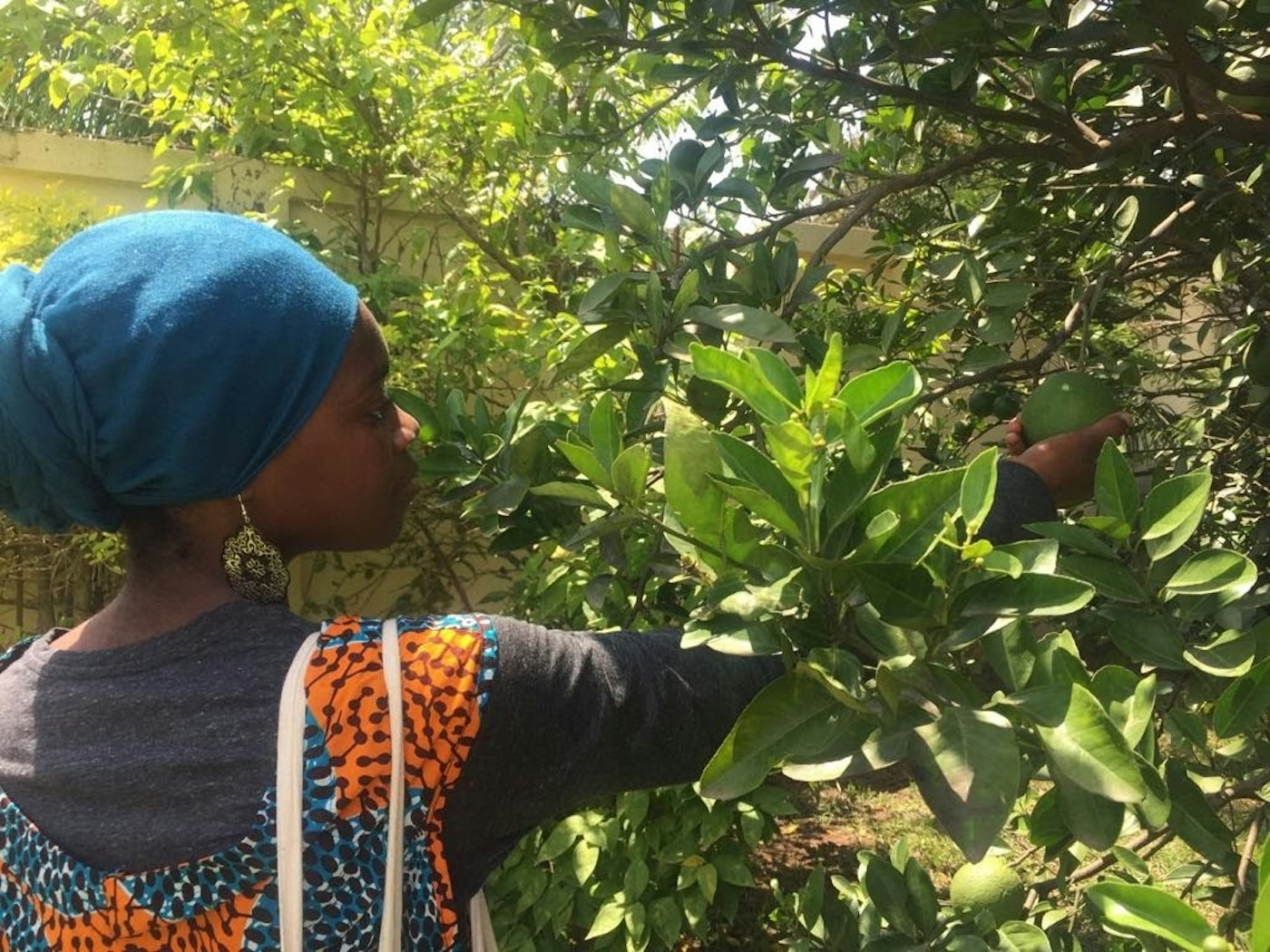
In the garden of my late grandmother – my mum’s mum, in Ghana – making fufu, a type of swallow, was a strenuous art. It usually required two people, upper body strength, confidence, and rhythm. The process could turn yam – a large, tree-log-looking root vegetable – into a soft, gelatinous ball that easily slips down the throat. My mum even uses fufu-like as an adjective, describing addictive TV shows that can be guzzled down in one sitting.
To make it, peeled and boiled yam is placed in a large bowl and pounded into its final form by a long stick with a soft bristled end, sometimes taller than the person who holds it. With this huge pestle and mortar, one person (with arm muscles) lifts and drops the stick on the contents of the bowl, while the other adds gradual water and folds the yam over by hand. With a steady rhythm of turning and pounding, the heavy stick narrowly misses the fingers of the mixer. I always fear I’ll witness a hand smashing when I’m looking on, but the two cooks work so well in tandem that it never happens.
Hiba: I love how vividly you describe the process, I can see this culinary dance unfolding in front of me right now! Has the tradition travelled with the diaspora or been left behind?
Rakaya: I’ve never seen fufu made from scratch in the UK. A powdered, boxed version can be bought in supermarkets, rehydrated, and mixed with a spoon. It’s still an arm workout but it’s a much more accessible method. Once I saw British Tiktok-ers raving about replacing potato starch with fufu powder for top quality bangers and mash, I knew it had taken on a new life. But a lot is lost with this new ease, maybe the most important parts: the freshness, the skill, the natural materials, the time spent outside and the time spent together.
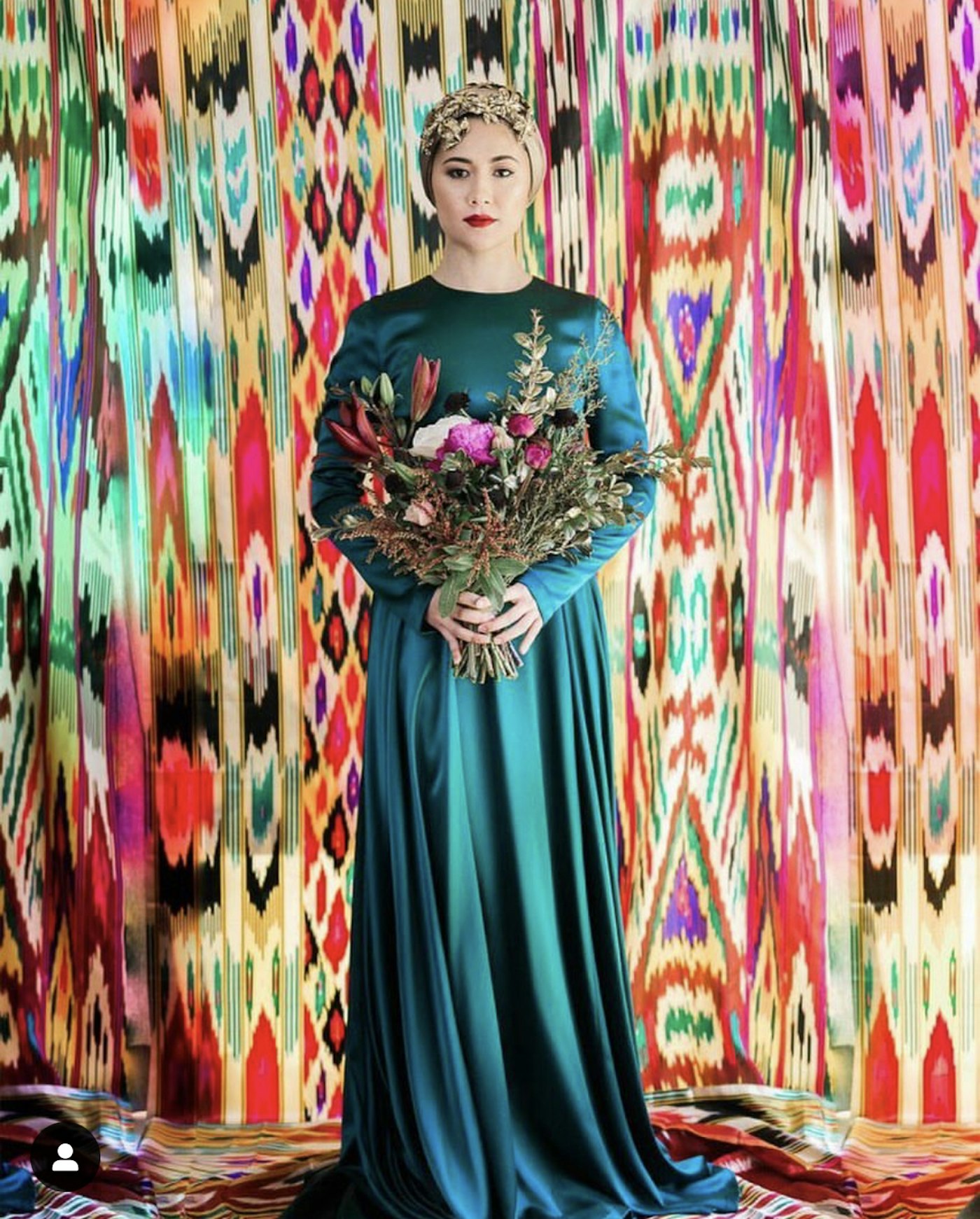
Subhi Bora, is an Uyghur mother in the diaspora. She is the founder of the Doppi Project, a cultural preservation initiative and storytelling project. You can find her on Instagram @subhi.bora
Hiba: Is there anything you see culturally fading across generations in your life?
Subhi: I can’t speak for all Uyghurs but from my perspective as an Uyghur in the diaspora I think my parents’ generation might be the last to cook Uyghur food from scratch every day. There are many dishes that take forever to prepare, I just don’t see myself making them too often.
My parents’ generation also has a penchant for forcing food onto the plates of guests. It comes from a place of generosity, but I think the younger generation is a lot more interested in letting people choose how much they want to eat for themselves.
Hiba: I totally identify with the food-forcing as a hallmark of the hospitality of elders! How does the heart-breaking political situation intersect with this notion of cultural experience changing across generations and migrations?
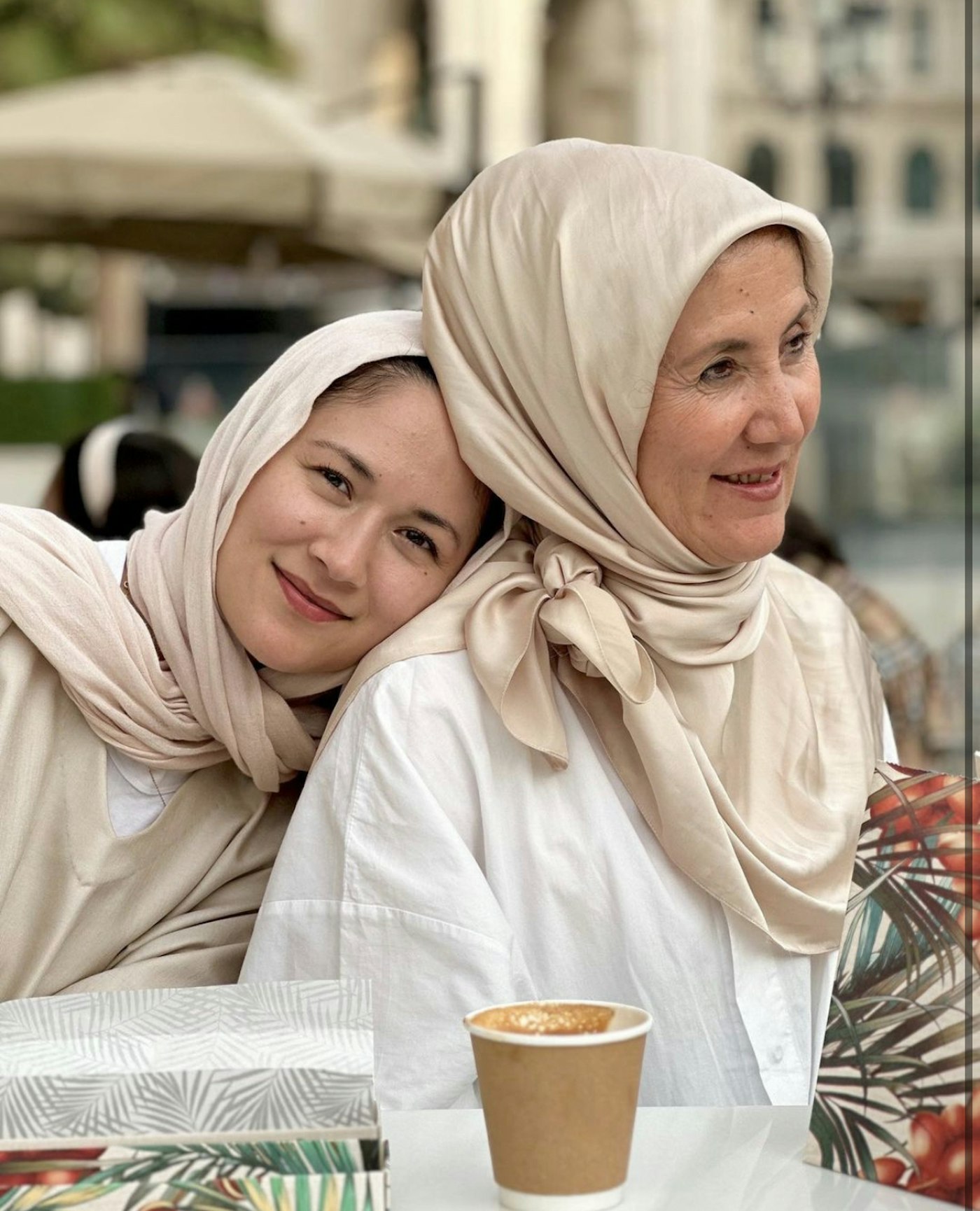
Subhi: I think my parents’ generation may be the last to really remember from lived experience what life was like before the latest crackdowns from the Chinese government. Before the concentration camps. They also remember life in East Turkistan before the Chinese cultural revolution (which also impacted Turkic people.) They remember drinking water from the river that ran in front of their homes. They remember speaking Uyghur freely in East Turkistan. They remember going for summer holidays in the lush mountains. They remember living comfortably in beautiful large family homes. They remember their parents practising Islam freely.
Nowadays the rivers are polluted, Uyghur homes are forcibly shared with Chinese people, we are not free to speak our language or practise Islam in East Turkistan, as per the Chinese government’s policy.
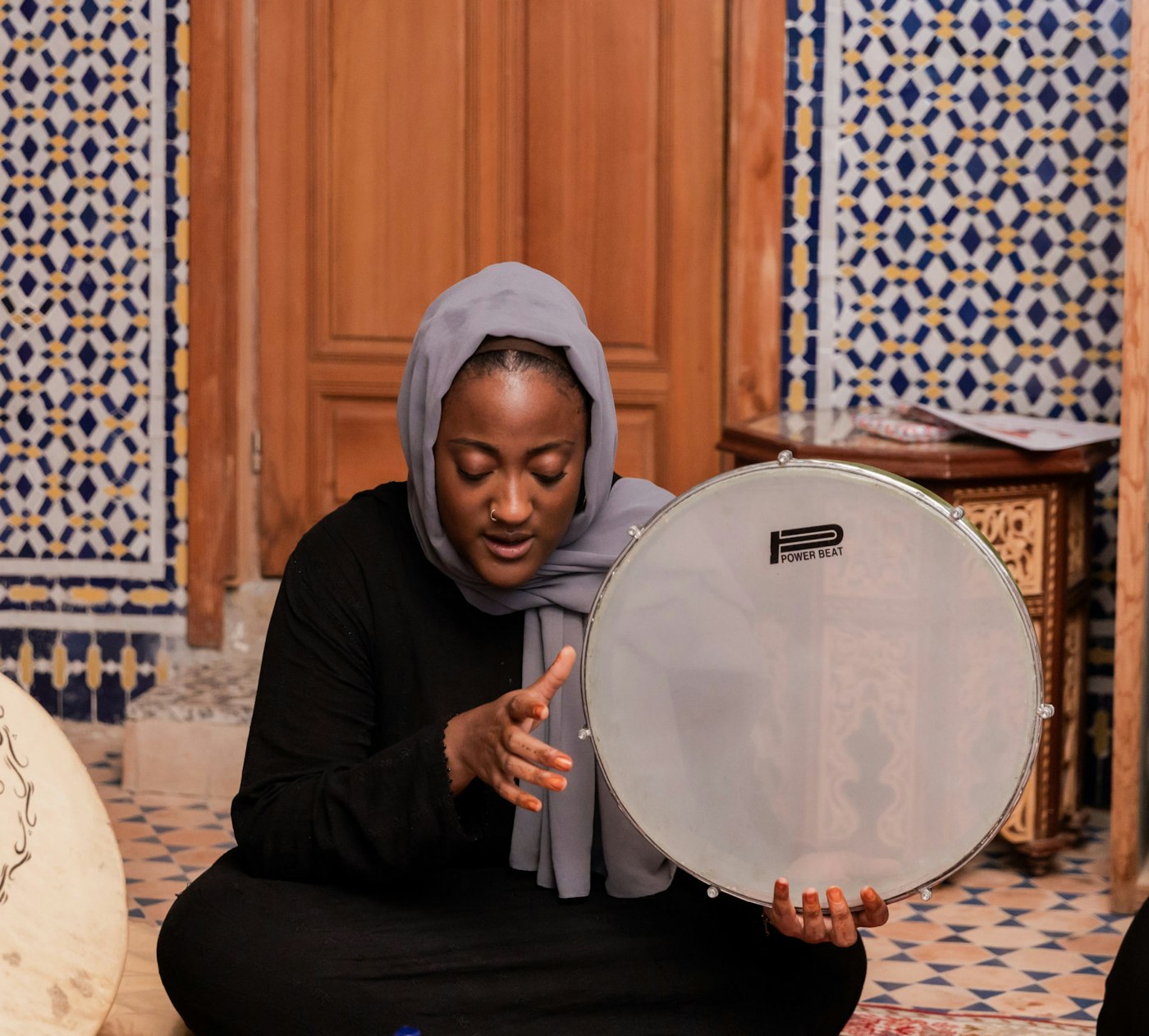
Shakirah Sabira is a doula and womb healer from London. Her work is centred around spiritual women’s wellness and finding traditional ways that have often been lost to heal wombs, our centre of mercy to connect to ourselves and The Divine. She’s on Instagram @inaswomb.
Hiba: In terms of the female perspective in particular, how are things changing from previous generations as we move through time?
Shakirah: There are so many rituals that have been lost, from womb steaming, massage, etc however the gathering of women is the biggest healing method that I believe we need as women.
The gathering of women is a big tradition not only in my own West/Sub-Saharan & Celtic culture but in most cultures around the world.
At least a few times a week women would gather, whether that was to prepare food for their families, create art or just drink sweet cups of atay, the gathering of women was a crucial part of the life of women.
It may seem like a simple part of life, however, the energetic healing happening during such times has more of an effect than even they probably knew.
The saying ‘women need women’ is true in so many ways. We have lost the gift of sitting with female elders to advise us on paths they have walked through as well as women who are younger who can give us new insights into our own experiences. A space to receive and share. To put down the baggage we drag through life. To sing, use our voices, and release stagnant energies deep within our wombs. A space without judgement where the feminine essence can safely come forward and express herself without the constraints of Western culture.
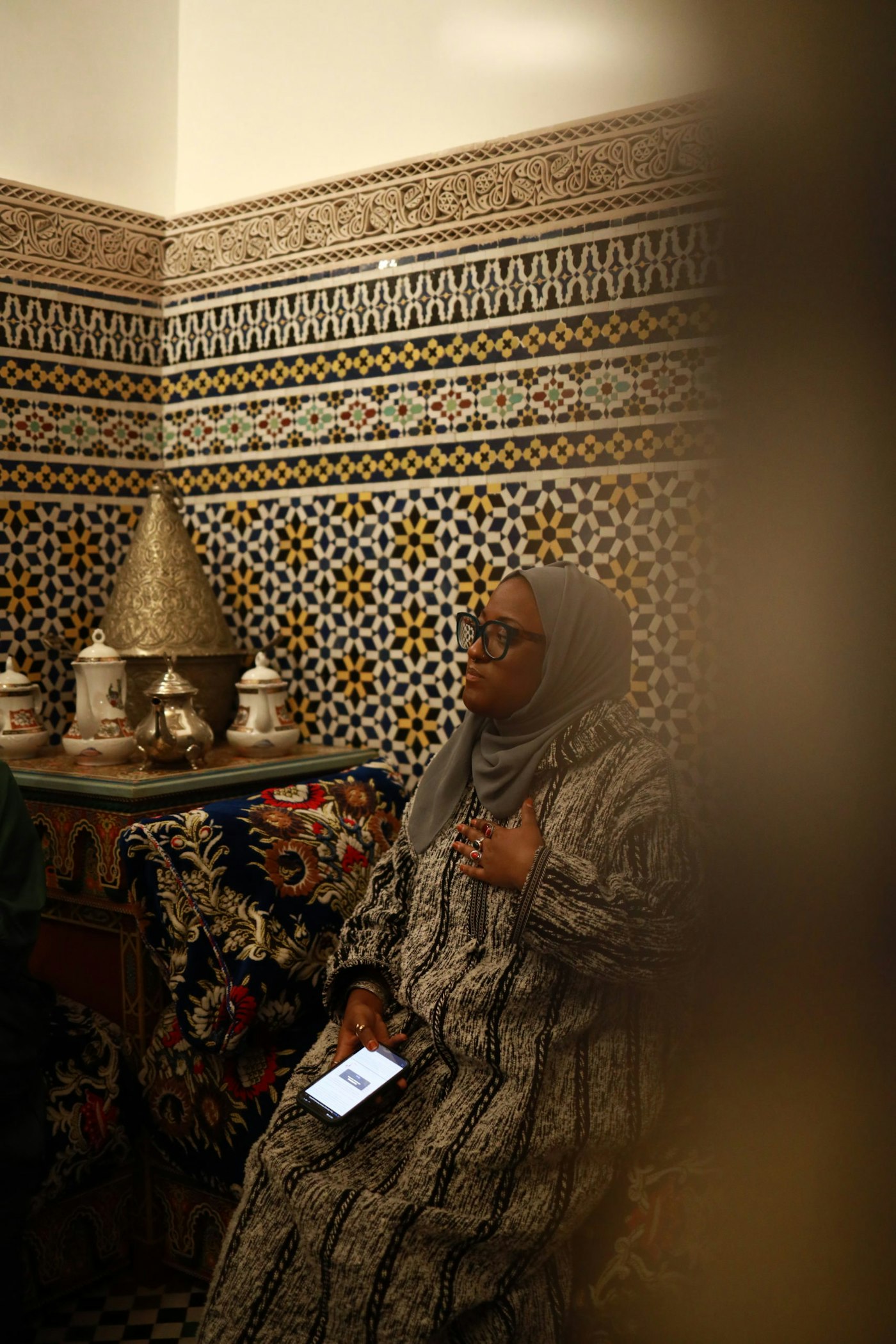
The Fulani women of Sub-Saharah meet daily to discuss the village gossip as they pour rounds of sweet mint tea, eat roasted peanuts and sing. Everyone joins in. They sing about God, His most beloved, the lands they reside in, and everything in between.
At some point, someone will take out either a piece of broken black eyeliner and go around drawing sharp-edged eyebrows from each woman or a fresh jar of honey wax and clean up fuzzy chins.
They laugh, cry, and complain but keep expelling safely with their sisters. Nothing is left unsaid. Some give advice.
These women, in their colourful robes and henna-stained hands, hold each other and heal each other without any judgement or expectations.
Due to the fact that many of us aren’t truly home in the West and are often lost on social media, we have lost this intimate connection of feminine healing. Our grandmothers or even great-grandmothers were the last generation of women to live their lives having continuous access to the healing of women. The womb needs other wombs to help reconfigure itself, take what it needs, and give what it doesn’t.
Cycle syncing doesn’t happen overnight. It is a process that happens energetically as soon as we are in a safe space with women. Our wombs communicate and interact with each other, giving and receiving.
My work has given me the privilege of holding space for wombs of women from all walks of life and the deep need and craving of sisterhood can be felt and seen across the board.
When we starve our wombs of the mercy that only wombs can hold we end up with cold, lonely wombs dealing with anything from cysts and fibroids to painful periods. The fact that these womb-related issues have increased from even 2-3 generations back shows how in need women are of each other.
Hiba: I have goosebumps hearing this profound perspective, and feel like I’ve deeply been yearning for this without even realising. How can we resist losing this precious knowledge and practice?
Shakirah: My advice and tips would be to start with you. Open your home or space and create these small hubs of women’s gatherings. Whether you’re making atay or chai, qahwa, or PG tips. Whether you’re singing nasheeds or Beyoncé. Gather with women and talk.
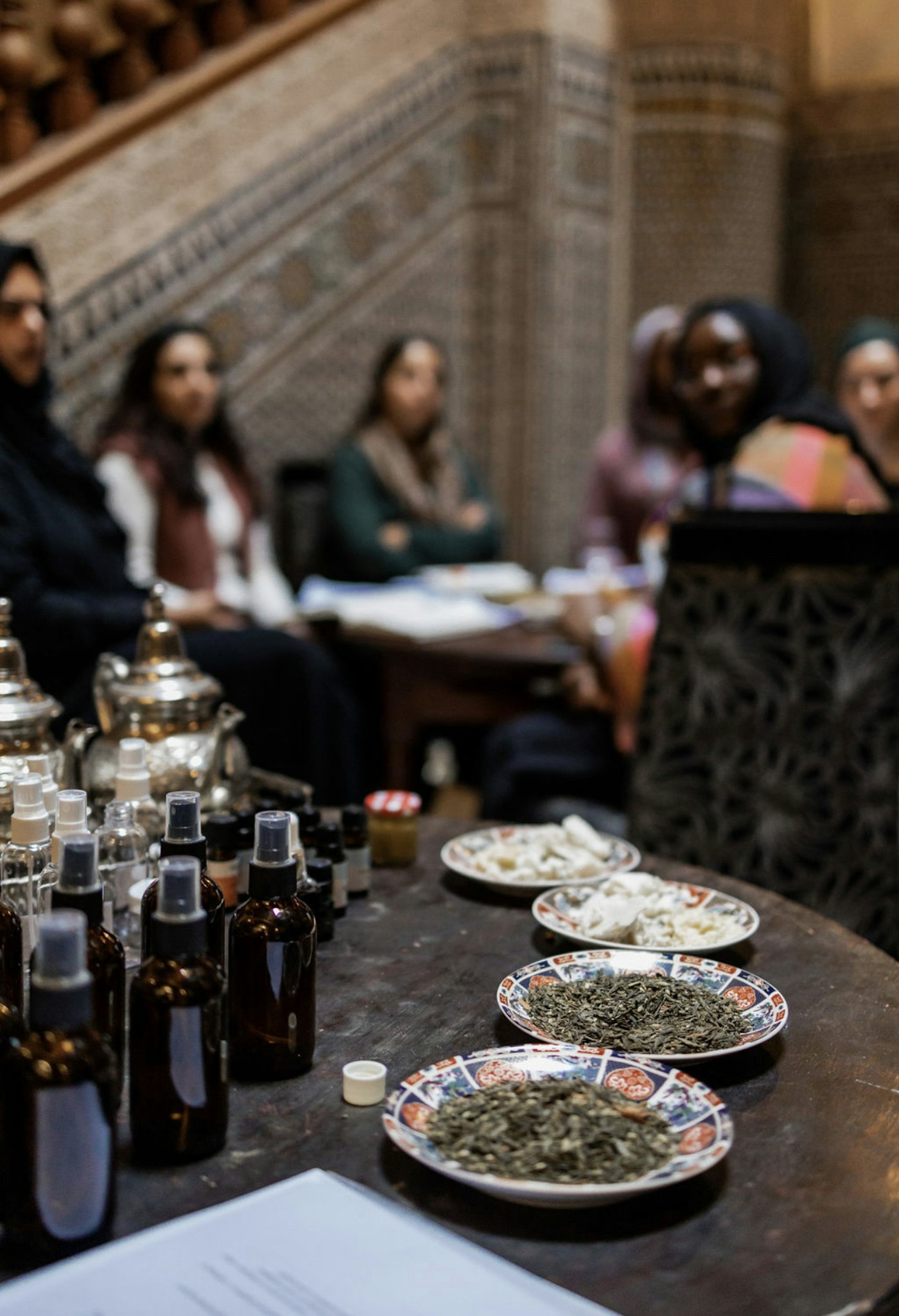
Spend some time wearing face masks, henna, or anything that allows you to connect to your femininity. Talk about your issues, wins, hopes, and dreams, and allow the unseen healing to take place. It all begins with the intention and then carving out the time in our busy schedules to do the action.
–
I’ve loved speaking to Ayesha, Rakaya, Subhi, and Shakirah and hearing their fascinating insights on generational changes, and I definitely intend to continue the dialogue that has been started. Whether it’s the pace of life, or a sense of togetherness, a beautifully elaborate recipe, or a weekly gathering of wombs and hearts, it is evident that there are layers of meaning, beauty, and necessity to so much of what is being lost across generations.
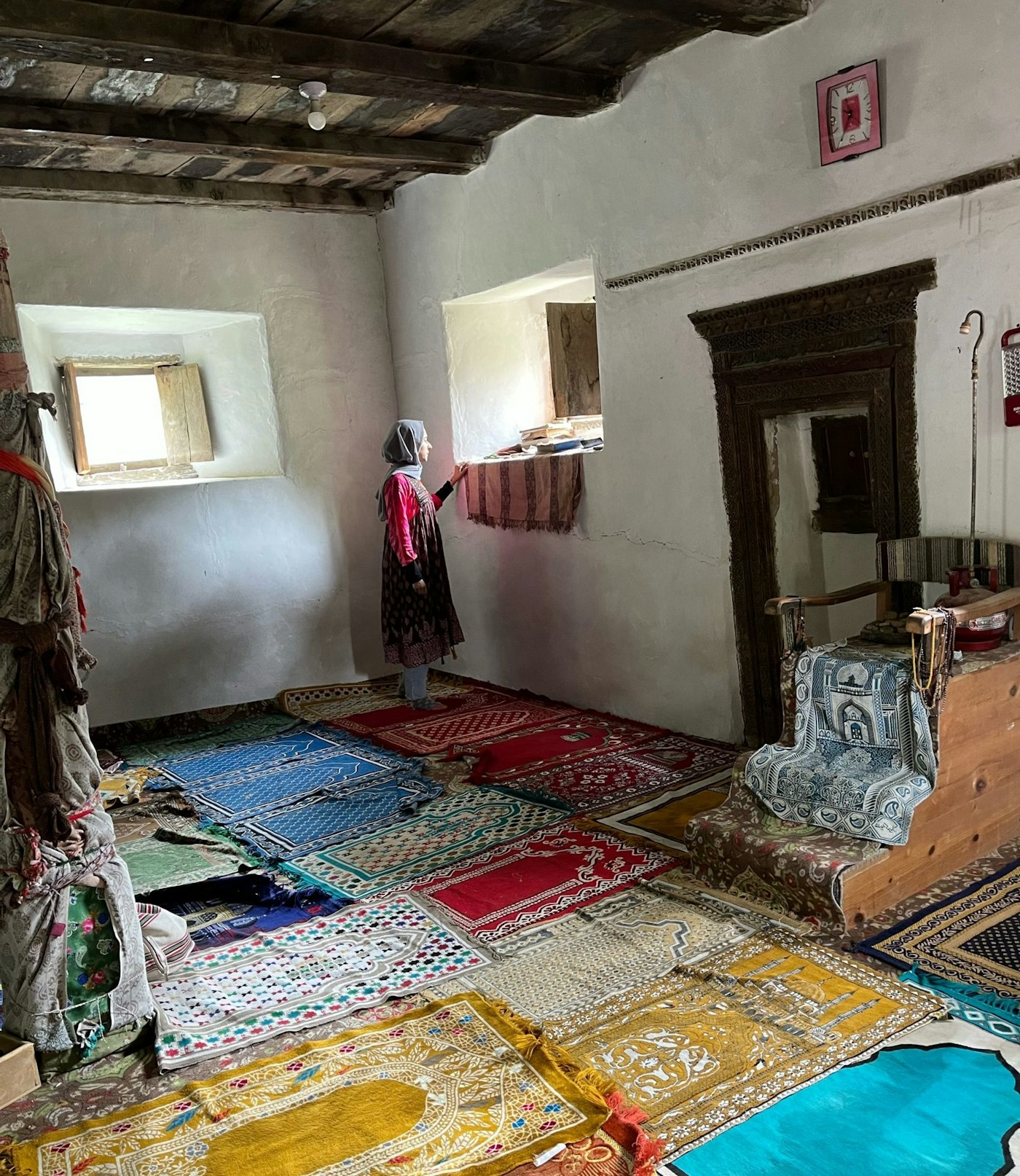
I feel a sense of urgency in considering and acting on this, but am also deeply inspired and hopeful at the reflections and convictions of my sisters. I suppose it truly is the seemingly ‘little’ things, the ‘small’, apparently insignificant details that slip silently away as we move across continents and into modernity, that hold a lot. Those sips of sweet tea accompanied by feeling understood, the love stitched delicately onto cloth by a wrinkled hand, the hours spent stirring or pounding affection into food, the moonlit moments of intimate, fierce prayer for the safety of loved ones. Perhaps those actually are the heaviest things.
Hiba Noor Khan
Hiba Noor Khan is a children’s author, her books include The Little War Cat, Inspiring Inventors and One Home. She has two titles to be published in 2023, including her first novel – Safiyyah’s War. Her books have been listed for national awards and translated into Swedish, Korean, Turkish, Breton and counting. She secretly wants to be an explorer, and is happiest surrounded by nature, especially near the ocean.